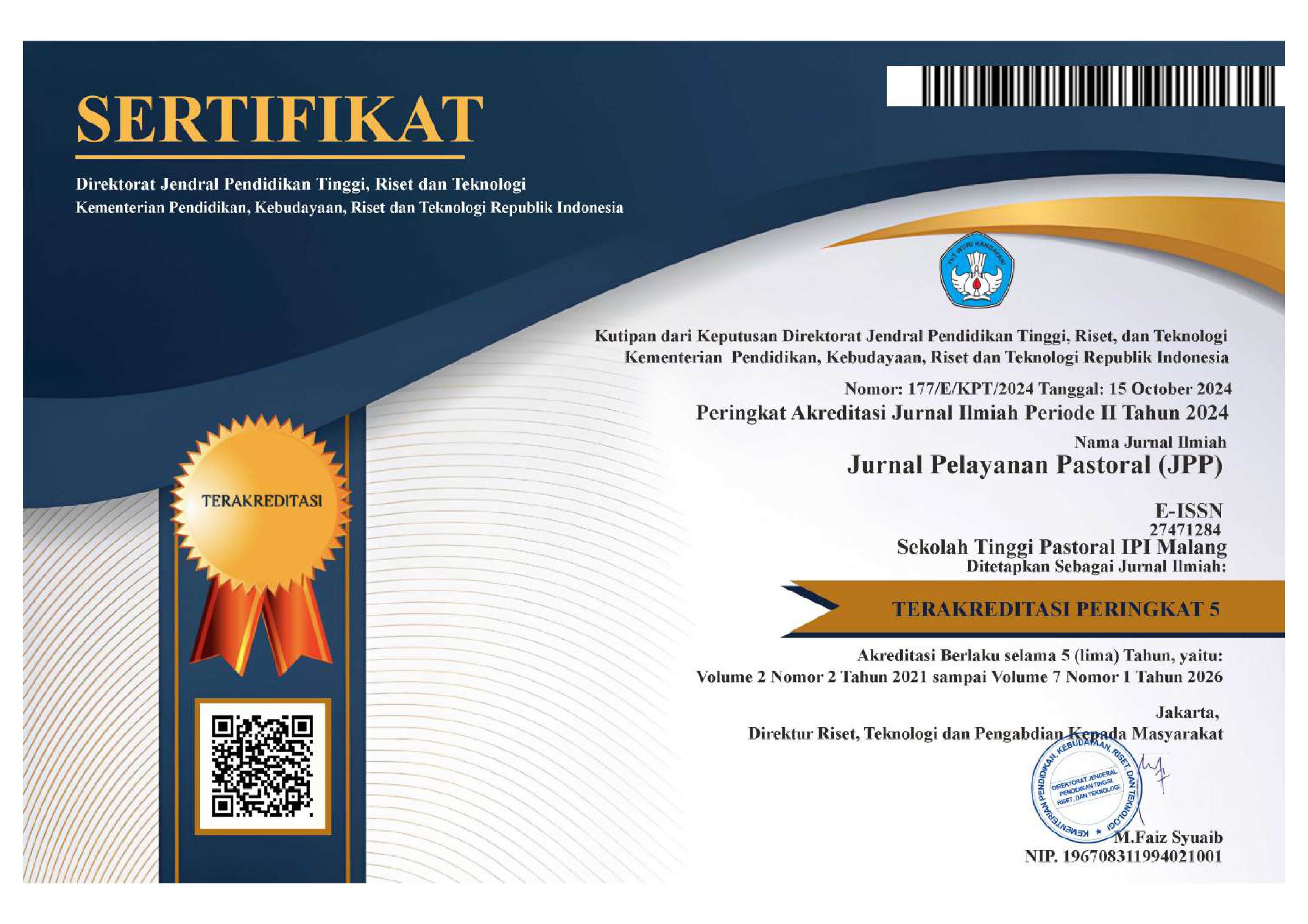Peran Ayah Jarak Jauh dalam Perkembangan Anak Usia Sekolah: Pendekatan Teori Pembelajaran Sosial Bandura
DOI:
https://doi.org/10.53544/jpp.v6i2.716Keywords:
anak usia sekolah, peran ayah jarak jauh, perkembangan, psikososial, teori pembelajaran sosialAbstract
Indonesian society generally believes that an ideal marriage should be complemented by the presence of children, creating the expectation of a complete family. However, the complexity of human psychological development is established early in life and continues to evolve, particularly when children enter school age. At this stage, the presence of the father is one of the key factors influencing children's psychosocial development. Unfortunately, in various situations, fathers are not always physically present in their children's lives due to work-related reasons or specific circumstances. This study aims to formulate strategies for distant fathers' involvement in the development of school-age children using Albert Bandura's social learning theory approach. The study employs a qualitative method with a literature review approach through thematic analysis, examining Erikson's and Bandura's theories as well as relevant literature. The results of the study indicate that distant fathers can still play an active role as learning models for children through three main strategies: (1) intensive interaction and communication, (2) emotional validation and appreciation, and (3) teaching patience and empathy. In conclusion, despite physical separation, fathers can still build meaningful involvement through communication technology. These findings contribute significantly to enriching the scientific discourse on the role of fathers in parenting and can serve as a practical reference for Indonesian families facing similar realities.
Downloads
Published
How to Cite
Issue
Section
License
Copyright (c) 2025 Jurnal Pelayanan Pastoral

This work is licensed under a Creative Commons Attribution-NonCommercial-NoDerivatives 4.0 International License.
All articles published in the Jurnal Pelayanan Pastoral (JPP) are licensed under the Creative Commons Attribution 4.0 International License (CC BY 4.0). This license allows anyone to copy, distribute, display, and adapt the published articles, for both commercial and non-commercial purposes, as long as proper credit is given to the original author(s) and the source.
By publishing in JPP, authors agree that:
- The article may be reused by others under the terms of the CC BY 4.0 License, provided appropriate attribution is given.
- Authors retain their moral rights to the published work.
- The Jurnal Pelayanan Pastoral (JPP) encourages authors to share their work through institutional repositories, personal websites, and other academic platforms.
For more information, please visit the official license page: https://creativecommons.org/licenses/by/4.0/















